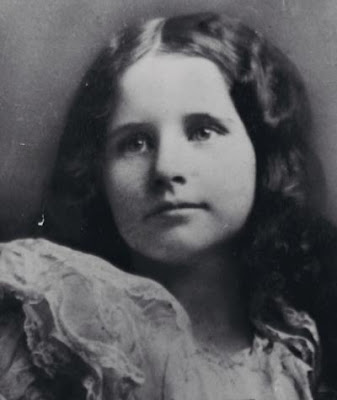The Reality Travelers
Hi, dear friends and followers. Today I wish to share with you one of my fairy fantasy poems, one that reflects on the moods of real life experiences. Thank you for visiting and for reading.
Shadowy mists fill the dim valleys
and obscure the woods
whose forms cannot be discerned.
The weeping trees drip on the forest floor
as the huge, full moon plays hide and seek
with the clouds so stubborn in the sky.
Intermittent moments of the Moon’s silvery light
flood the forest floor when the clouds allow.
Every moment of the night,
its darkness and light
twist in the mist below,
forever changing places, it would seem.
Then the mist shone like the star-light;
in the heavens above they sparkled so!
The breath from their pale faces
parted the mists like the clouds above,
revealing the sky filled with radiant stars!
About twelve of the wee folk flew far above Earth,
and encircled the moon with their magic rainbows.
One sparkle arose, more subdued than the rest;
A kind which, through trials, they have the best suited.
Fluttering down like a leaf from a tree,
slowly drifting down, down, to the forest floor,
She wore a sparkling crown, not having jewels;
but an inner source of flickering light!
The spirit light, some may call it,
but something more is at the center on the crown.
Mountains, valleys, lakes, ponds, and oceans,
therein there be, and so much more;
an unfathomable identity lays within.
Wide is its circumference.
And there is mist, descending like a drapery falls,
obscuring those who lived in hamlets, castles, and towns,
wherever they may be, over the strange woods or the sea.
They are the spirits on the wing, who fly with the buzzing insect,
or among the drowsy summer flowers
in a confusion of light, and nature's harmonic sounds.
Never will they cross the misty drapes
unless called upon to go beyond.
They return to the peace behind the drapes of illusion
to rest and to sleep after their arduous journey.
And then, how they sleep, so deeply, the wee ones!
They are doing well, and the reward is a just sleep.
In the morning they will rise and tend to their chore.
Their morning is used for aligning the rainbows
and to harmonize nature's melodies,
until the silver moon is once more soaring in the skies.
In the tempests they may be tossed,
Like almost anything in a storm’s furious path.
They use that moon no more
to the same end as before;
For never will they cross again,
the misty drapes that separates realities.
Thank you very much again, dear friends, for visiting my blog. Please share your thoughts with us, if you will. Have a great day.














































